- Home
- slideshows
- miscellaneous
- 'A bumpy ride ahead': Here's how Wall Street is reacting to Trump and Xi's trade war deal
'A bumpy ride ahead': Here's how Wall Street is reacting to Trump and Xi's trade war deal
"A bumpy ride ahead": Li-Gang Liu, economist at Citi

"Should provide investors some relief": John Stoltzfus, Chief Investment Strategist at Oppenheimer Asset Management
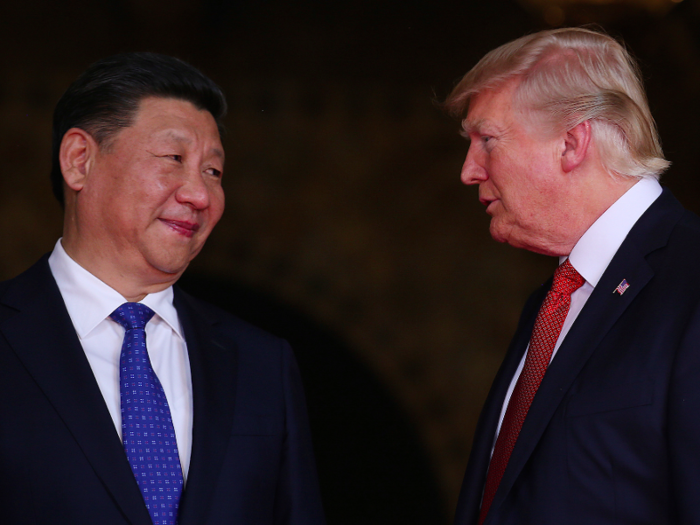
"The effects of a truce period should provide investors some relief near term from the day-to-day concerns that have roiled the markets on the risk of a protracted trade war and the damage it could cause to global economic growth and corporate earnings over the course of the next year.
"The hope is that both sides will make good use of the truce period to find resolution to the trade dispute and remove the negative overhang that has held international equity market performance hostage since the summer."
"Rough patches ahead": Hisao Matsuura, equity strategist at Nomura

"At the same time, the deadline for the new trade talks has been set for 90 days. We
think talks between the two countries are likely to hit some rough patches as the
negotiations actually get under way."
Looking forward, Nomura says the start of 2019 could be rocky for the markets with Brexit and company earnings helping add to the uncertainty around the trade war.
"We think the time limit of 90 days for the trade negotiations will only serve to heighten the chances that stock prices will weaken," the bank said.
"Underlying problems remain unresolved": Aninda Mitra, senior sovereign analyst at BNY Mellon Investment Management
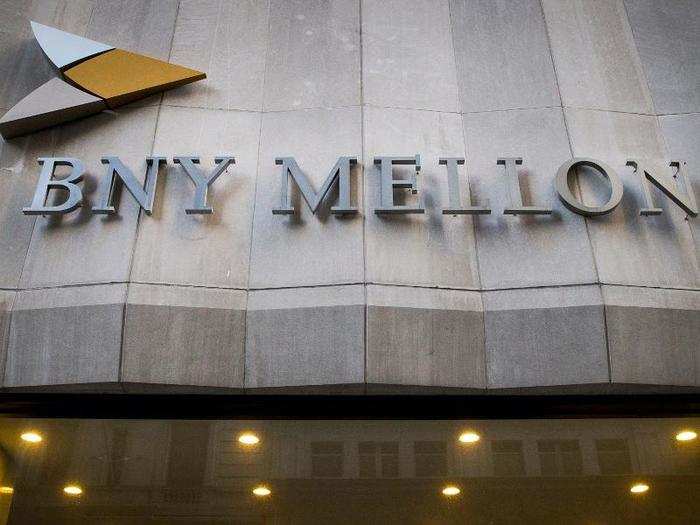
"To be sure, underlying problems remain unresolved. It is not as though existing tariffs are on the verge of being unwound. But what Xi has managed to extract from Trump is a stay on any escalation for three months. That interlude should see a stronger effort to set a framework for more talks and quid-pro quos.
"However, I remain mindful of the broadening bi-partisan skepticism on the US end about its worsening relationship with China. The Chinese views are also coalescing around the notion that the US will simply not tolerate another nation to rise, to the extent where US hegemony in Asia can be seriously challenged.
"The three-month extension must therefore be seen in the context of the "promise fatigue" of the US authorities and Chinese wariness about eventual conflict (if not outright hostility) becoming inevitable."
Risky assets including Chinese stocks are set for a bounce: Daniel Waldman, strategist at UBS

"We have shown previously that risky assets (especially outside the US) have priced a substantial risk premia related to trade risks. This premium is unlikely to decline to zero, as markets will likely wait for more details and progress on the negotiations, but some relief should support risky assets, including our long China A-shares versus EM-ex China Top Trade.
"Along similar lines, global yields can rise in response, but the increase in US back-end yields (and particularly real yields) should be capped by generous valuations and some loss in growth momentum."
"A big step in the right direction": Salman Ahmed, Chief Investment Strategist, at Lombard Odier Investment Management
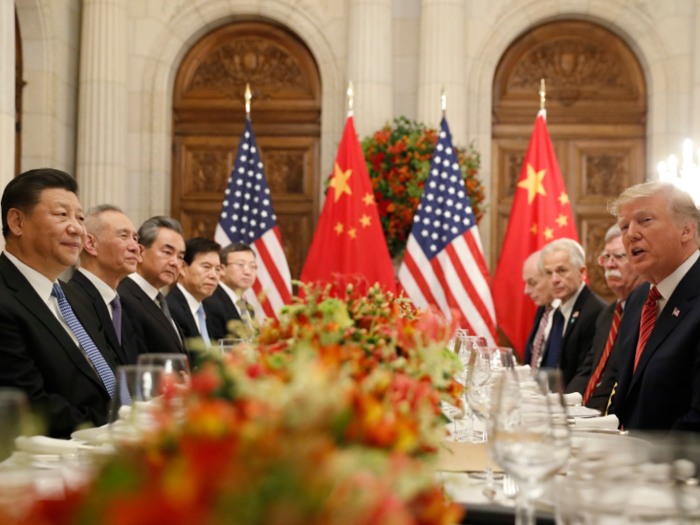
"Signs of rapprochement between China and the US is certainly good news. This does not reflect a definitive shift in the relationship between the US and China, but the opening up of negotiations is certainly a big step in the right direction.
"We expect the trade war issue to come back on the table as both sides still seem far away from a fully settled position. However, for now, we expect markets to reject some of the more extreme scenarios which have been weighing on sentiment, which will be reflected in asset prices."
"Some modest upside risks to global growth": Chetan Ahya, chief economist at Morgan Stanley
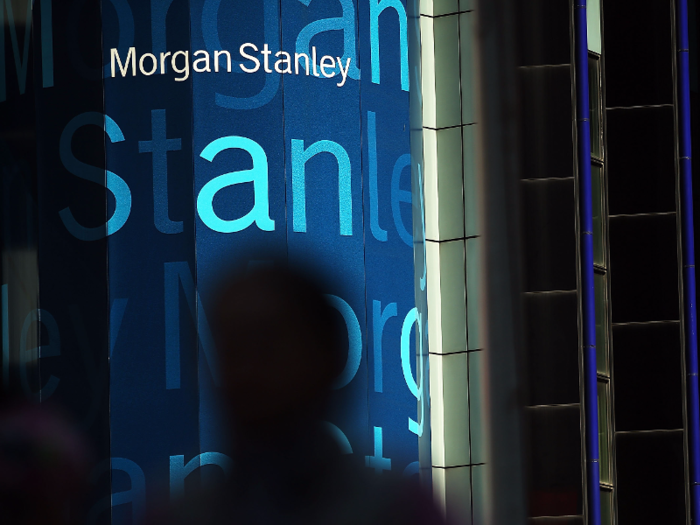
The agreement could actually push global growth higher, Morgan Stanley's Ahya said.
"If recent developments result in an eventual de-escalation of trade tensions, we see some modest upside risks to global growth. To be sure, this easing of trade tensions will have a more
material impact on China and its partners in the supply chain," Ahya wrote.
"For the US, the growth impact is likely more muted. If the easing of trade tensions were to be sustained, this would help lift business confidence and capex in both US and China,and we project that global growth could be higher by ~10bps than our base case projection of 3.6% for 2019."
Striking a real deal on trade in 90 days is "a near-impossible task": Ian Shepherdson, chief economist at Pantheon Macroeconomics
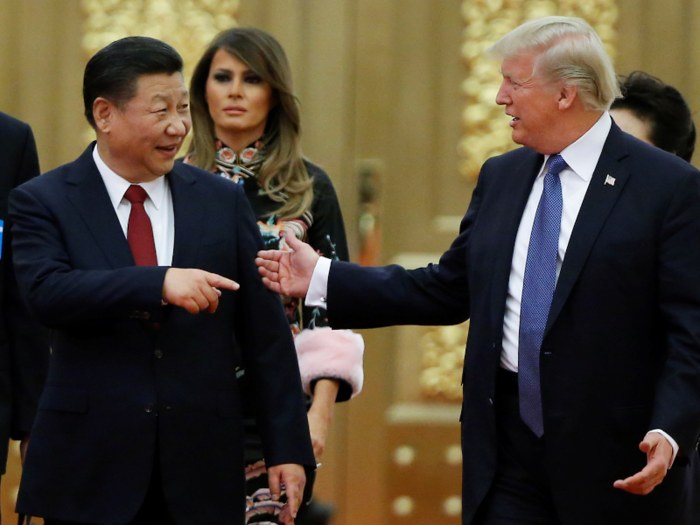
Striking a real deal on trade in 90 days is "a near-impossible task," Shepherdson wrote.
"We expect the deadline to be extended again in due course. The lesson of Saturday night is that both sides want to avoid catastrophe, but neither is hurting badly enough—yet—to make substantial immediate concessions."
It could also, he adds, push the Fed to change course.
"Looking a bit further ahead, the step back from the brink means that the Fed is less likely — we can't say for sure, because anything could happen in the trade negotiations over the next three months — to have to face the awkward question of what to do if the imposition of tariffs on consumer goods simultaneously drives up core inflation sharply and depresses economic growth."
"He said, Xi said": Sue Trinh, head of Asia EMFX strategy at RBC Capital Markets
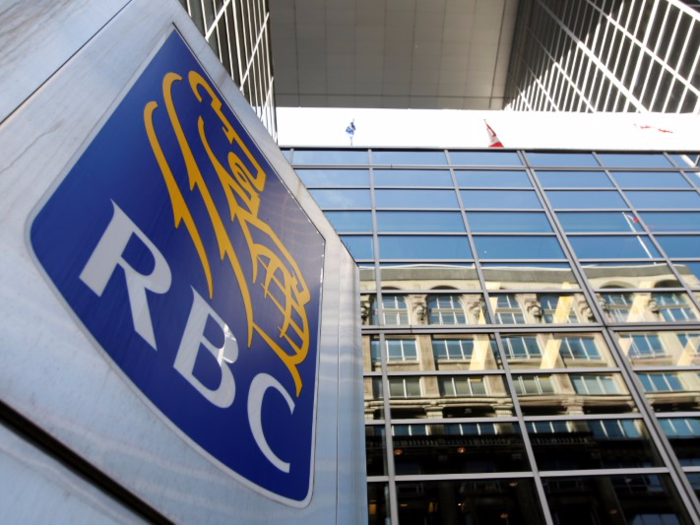
"There are significant gaps between what the US thinks China has agreed and what China thinks the US has agreed," RBC said.
"A lot will depend on developments in the next 90 days, but given the US and China are on different pages, we don’t think the optimism can last. We reiterate trade wars need to be framed in terms of who hurts the least and see the G20 meeting as a stronger win for the US.
"China buys 3 months before tariffs on $200bn in goods rise to 25% while the US knows it will have a deal with sizeable China concessions in 90 days, or it will go ahead with tariffs having cleared the backlog of harvested agri crops. If China doesn’t immediately deliver on that front, the US can easily claim an out clause on the 'deal' in bad faith."
"Undoubtedly positive for U.S. Transportation companies": Amit Mehrotra, research analyst at Deutsche Bank

"Despite the temporary nature of Saturday’s deal, the announcement is undoubtedly positive for US transportation companies, with the clear and present perceived risk to US Transportation stocks being China/US trade.
"As such, we expect transportation shares to more accurately reflect expected earnings growth, with forward multiples for US transportation companies contracting at double the rate of the broader market over the course of this year."
Popular Right Now
Popular Keywords
Advertisement